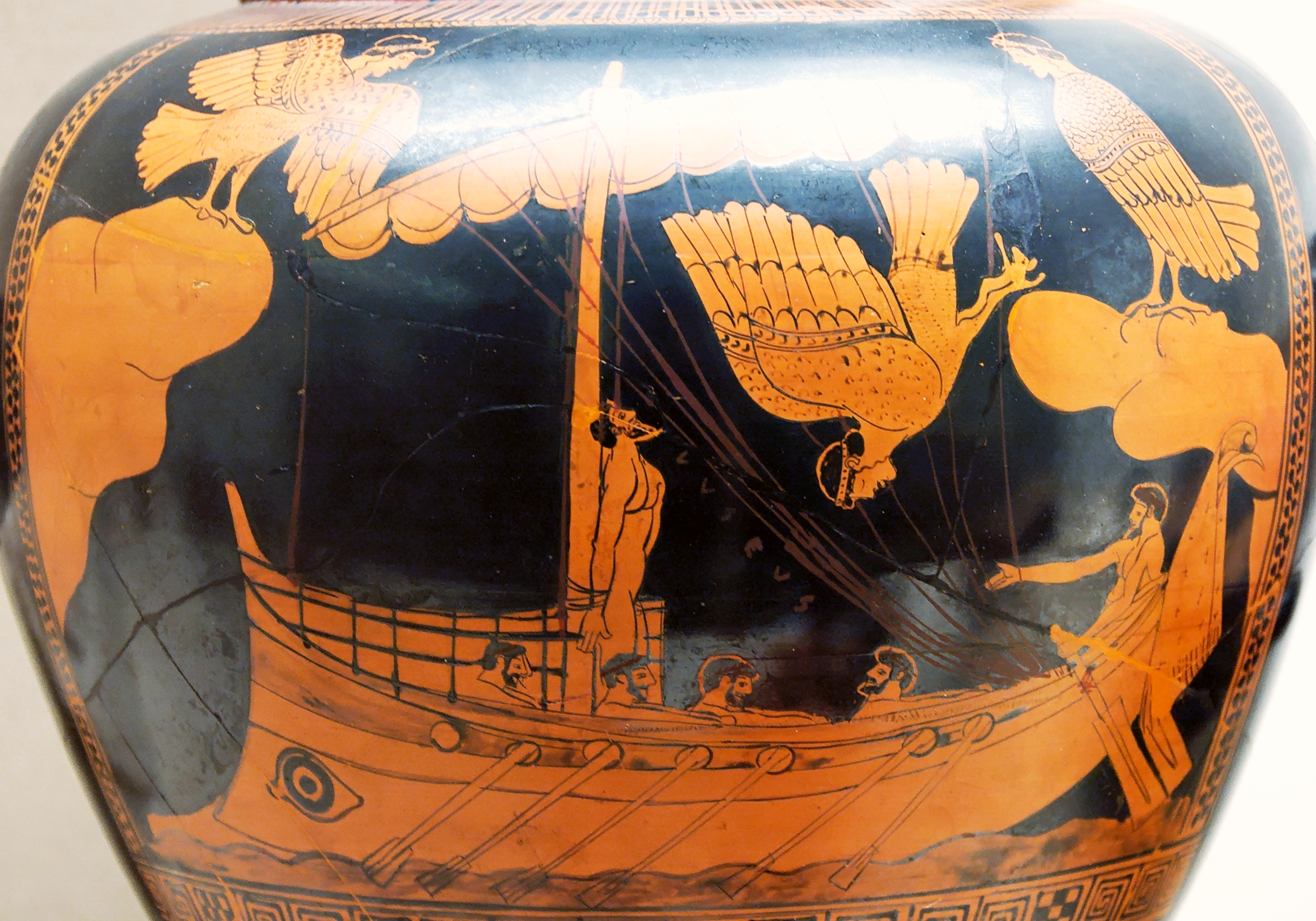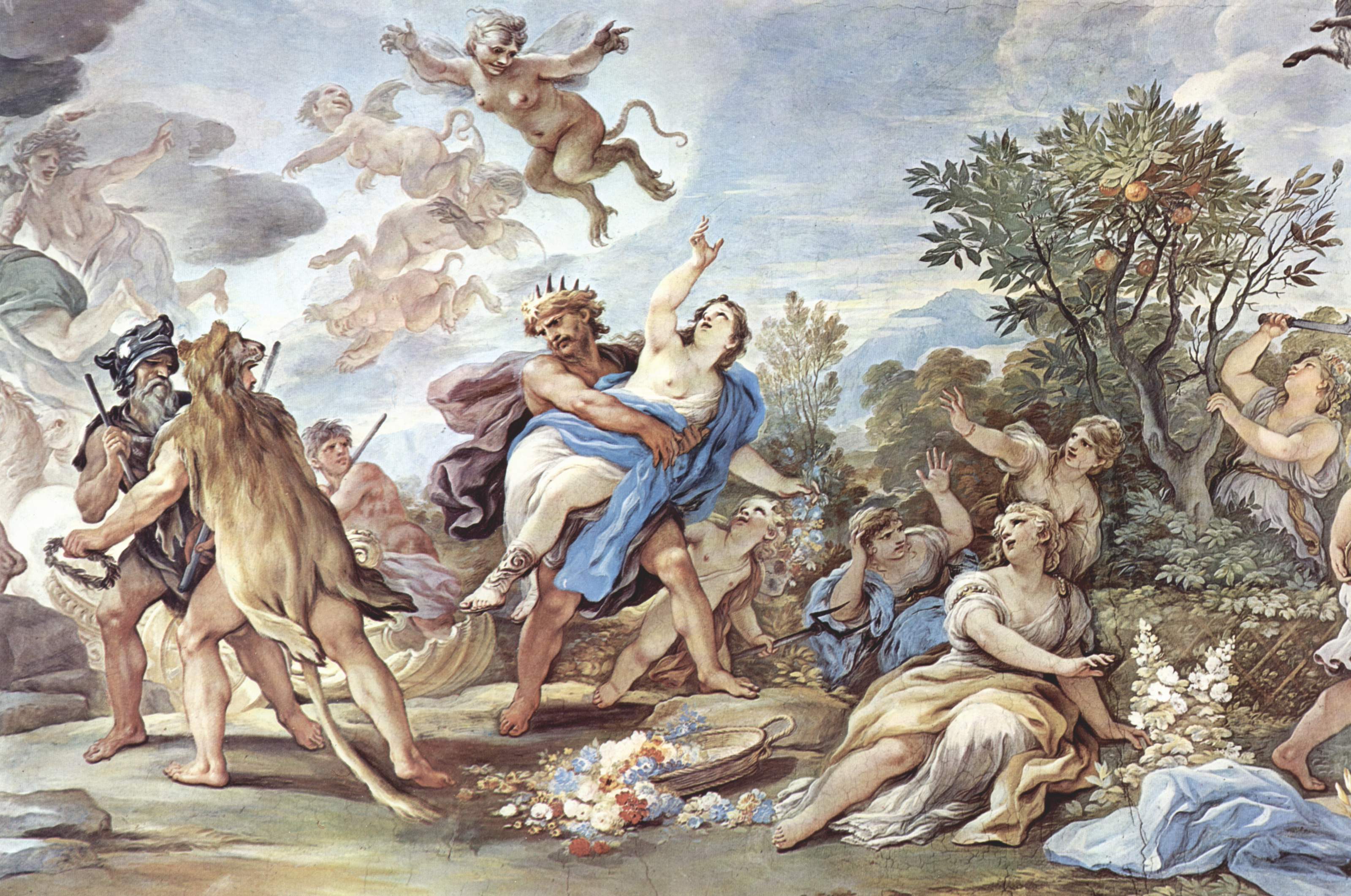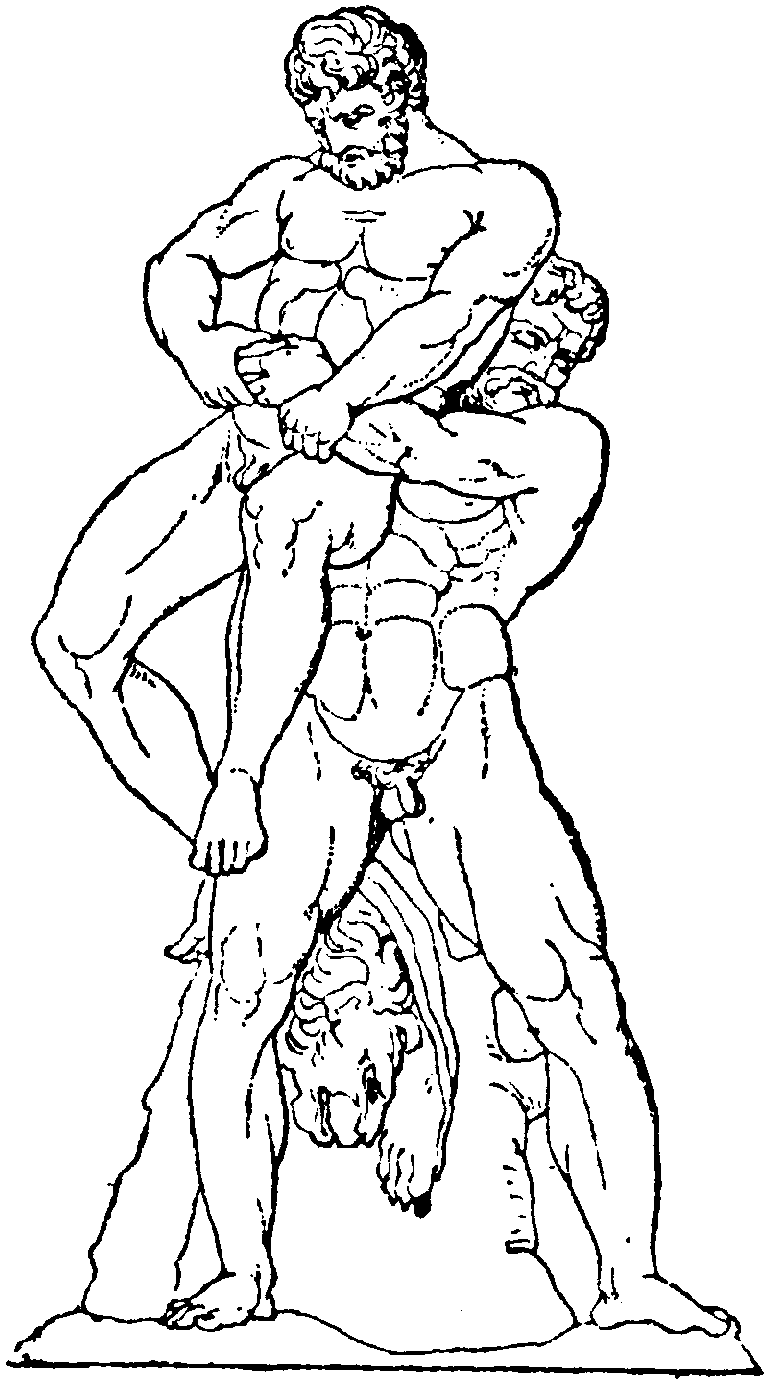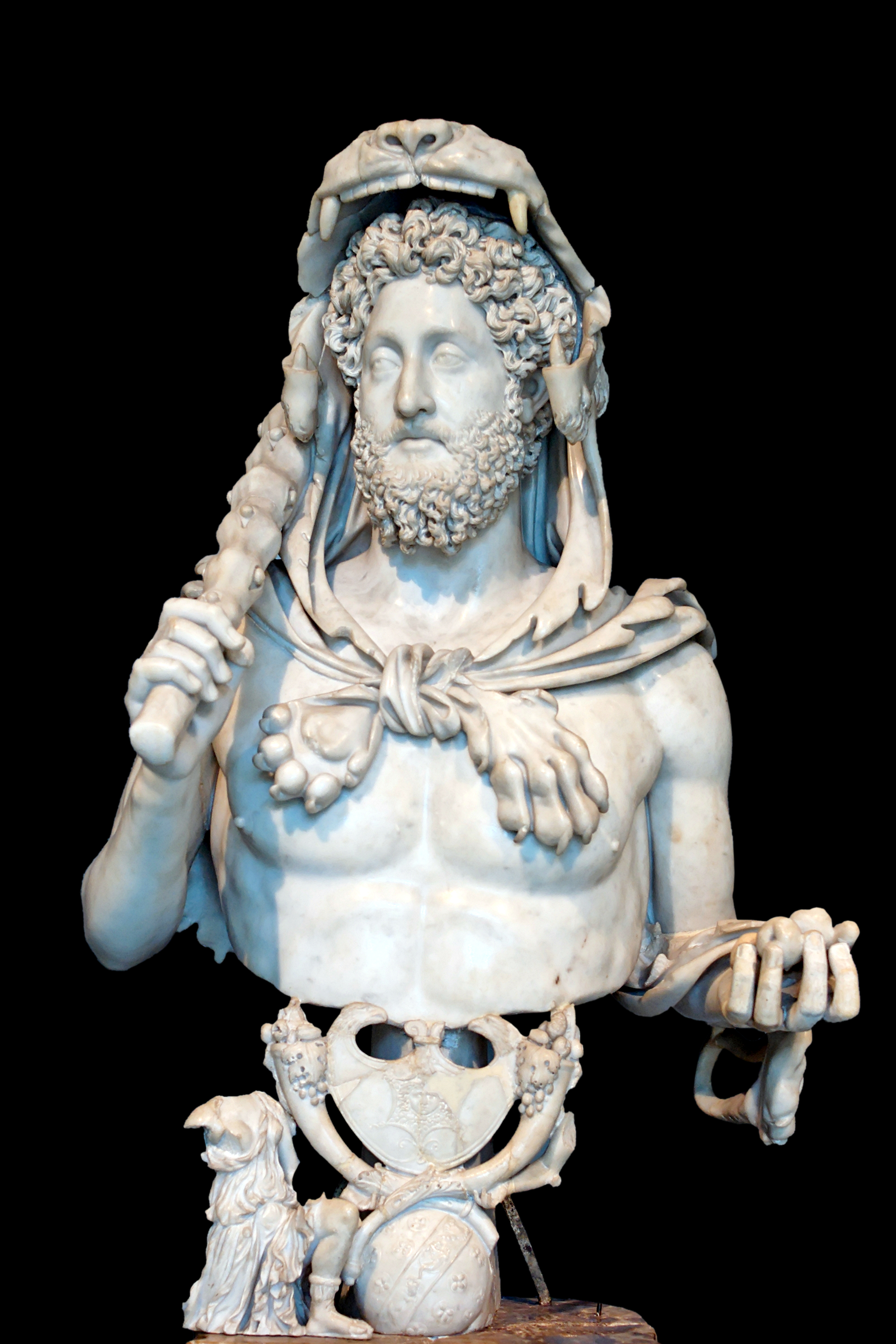We got to have a sea god. Makes sense, there's a god of the sky, a god for the underworld – so, for the sake of symmetry, we now need a sea god. Even if we don't have access to a sea? Hmph.
That was the problem of Latins. Everybody else had a sea god, but then again, everybody else had a sea, the Latins didn't. So their god, Neptune, was in charge of fresh water in the beginning. Come to think of it, fresh water is more important anyway, humans and cattle alike need something to drink for basic survival, crops need water to grow, and rivers make great transportation routes until somebody has the decency to invent an engine.
The Greeks, on the other hand, had a different opinion. Who needs fresh water? Humans drink wine, cattle and crops don't grow on arid mountain sides anyway, and if puny rivers make good roads, the sea makes a super-highway. So they got their sea god, Poseidon – pretty scary fellow, too, with that trident of his (which, by the way, is more dangerous than you might think. It looks like a fancy fork for seafood, but it was in fact used to cause earthquakes, so don't mock it.)
 |
| Poseidon vs. Neptune: guess who got a planet? |
The Roman Neptune is a mixture of the Greek Poseidon and, probably, the Etruscan Nethuns, the all-mighty god of the gall-bladder. If you're curious what's with the gall-bladder reference, and if you're really serious about studying Neptune, there's an exceptional study called "Quelques remarques sur Poseidon, Neptunus et Nethuns" by Raymond Bloch. In case you've never heard of him, Bloch is my all time favorite authority on Etruscans, and one of those annoying and inconsiderate people who write articulated and entertaining original theories, based on well documented facts. In French. (It's a conspiracy, I tell you.)
To complicate things a little, the name Neptune is not derived from Nethuns, and groups of scientists have passionately exchanged a lot of bad words trying to establish the proper etymology for the Roman sea god. Since we're amateurs, we can proudly admit that we have no idea where the name of Neptune came from.
Besides having a messed up name, Neptune didn't have any myths of his own (that we know of, at least) previous to the association with Poseidon (not that Poseidon himself had that many; probably the most famous of them all is the dispute with Athena over the city of Athens, which portrays him as a loser). In his Carmina, Catullus mentions briefly two Neptunes – one for fresh and one for sea water.
 |
| Poseidon vs. Athena: guess who lost... again |
Neptune's origins as patron of springs and lakes is most obvious is his main festival, creatively named Neptunalia, and held in July, part of a series of festivities that honored groves, waters and springs, to ward off the summer drought. Besides taking over the sea and ocean waters at a later stage, Neptune, just like Poseidon, was also in charge of earthquakes and horses, thus becoming the patron of horse races in Rome – big responsibility in a world of avid gamblers. Another animal associated with both Poseidon and Neptune was the bull. In the strictly regulated world of Roman religion, Neptune was one of the few gods who accepted sacrifices of bulls.
Now, the fun part comes when we get to the women, of course. Poseidon is happily married to the rather dull queen of the sea, Amphitrite. The original Neptune, instead of a wife, had two paredrae, named Salacia, the impetuous, flooding waters, and Venilia, the still waters that run deep. Or Salacia was the sea water during low tide, and Venilia, during high tide. Or the other way around. Surprisingly enough, the ultimate authority on these two is St. Augustine, who seems fascinated by the topic, and I'd really hate to think why.
FAQ (meaning don't ask me, because I have no idea)
Q: What are these paredrae anyway?
A: Minor deities that represent various aspects of the main deity they're associated with. They're always of the opposite sex compared to the main deity.
Q: So how can you tell that a paredrae is not the spouse of the main deity?
A: You can't. Various authors make Salacia the wife of Neptune, and we're none of the wiser.
Q: How come Neptune is the only god that has these paredrae thingies?
A: He's not. The Virites, for instance, were the paredrae of Quirinus. Well, they appear to be related less to certain myths, and more to certain authors who interpret the said myths. (Hint: you might find a lot more paredrae when you're researching in French.)



























